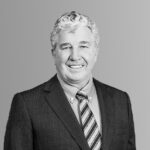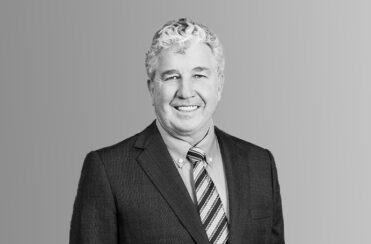Article and media courtesy of NEWCASTLE HERALD
21/02/2013
In his log book for October 3, 1952, former HMAS Murchison chief petty officer John Quinn noted the following: “Atomic bomb exploded on HMS Plym.”
The log book recorded the facts of the first of 12 British atomic tests in Australia in the 1950s, but this week Mr Quinn, 86, of Shoal Bay, recounted the emotion of that day on an Australian frigate in the waters of Monte Bello.
‘‘I was off watch at the time, and I went on the upper deck with a couple of national servicemen I didn’t really know very well,’’ Mr Quinn said.
‘‘We were 27kilometres away. For years people have been telling us that outside the 10-kilometre zone you weren’t affected, but within a few seconds of that bomb going off me and my two mates were rolling on the upper deck from the wind blast.
‘‘Lucky the guard rail was there or we would have been blown over the side. We clung together and the blast knocked us over. It made me angry when someone a few years ago said that couldn’t happen. I’d swear on a stack of Bibles about that.’’
Mr Quinn is one of 295 nuclear veterans and Australian Navy retirees who took their case for justice to the Australian Human Rights Commission yesterday after years of campaigning.
The 295 survivors of 15,000 Australians who took part in tests and experiments over 11 years claim the Australian government of Prime Minister Robert Menzies breached three articles of the Universal Declaration of Human Rights, which Australia signed in 1948.
A royal commission into the British tests found Sir Robert agreed to a British request to hold tests in Australia without reference to his cabinet, and without the benefit of any scientific knowledge about the hazards people would face.
A stated aim of the tests was to discover the detailed effects of various types of explosions on equipment, stores and men with and without various types of protection.
‘‘We were human guinea pigs,’’ Mr Quinn said.
He has suffered repeated and sometimes severe health problems for much of his adult life.
Human rights lawyer Joshua Dale, of Stacks Goudkamp in Sydney, said nuclear veterans suffered high death rates, higher cancer rates and worse health problems than the general population.
The appeal was the last roll of the dice after unsuccessful court cases, and a £20million compensation payment to the Australian government from Britain, which was not distributed to veterans, Mr Quinn said.














